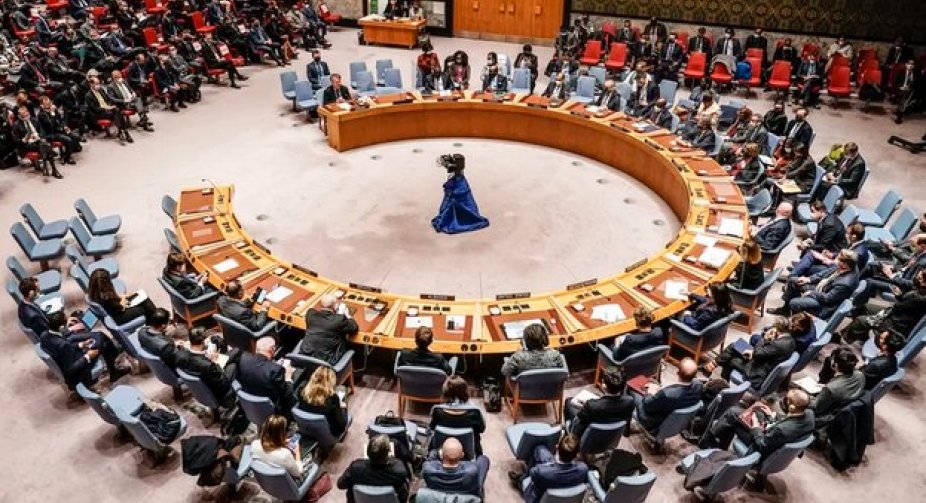Russia's veto this week thwarted a UN resolution aimed at curbing weapons in space. The draft, put forth by the US and Japan in the UN Security Council, sought to prohibit the placement of nuclear weapons in space. While 13 out of 15 countries voted in favor of the resolution, China abstained.
Before the vote, Russia's Permanent Representative to the United Nations, Vasiliy Nebenzia, criticized the resolution, calling it a "joke." In response, US Deputy Permanent Representative Robert Wood raised concerns about Russia's intentions, suggesting their opposition might imply hidden motives.
The resolution comprised eight points, including a ban on the development and deployment of nuclear weapons in space, in adherence to the 1967 Outer Space Treaty, which prohibits the placement of nuclear weapons in orbit around the Earth. However, the treaty lacks specific provisions against the development of such weapons. Notably, 114 states, including the UN Security Council's permanent members, are parties to the treaty.
Nebenzia cited the need for broader disarmament, advocating for the inclusion of conventional weapons in the resolution. However, the US rejected a clause proposed by Russia and China aimed at banning all types of weapons in space.
The US has expressed concerns about Russia's alleged development of a space-based anti-satellite nuclear weapon, warning of potential disruptions to global communications.
Moscow has consistently denied any involvement in the deployment of nuclear weapons in space, emphasizing its opposition to such actions.






